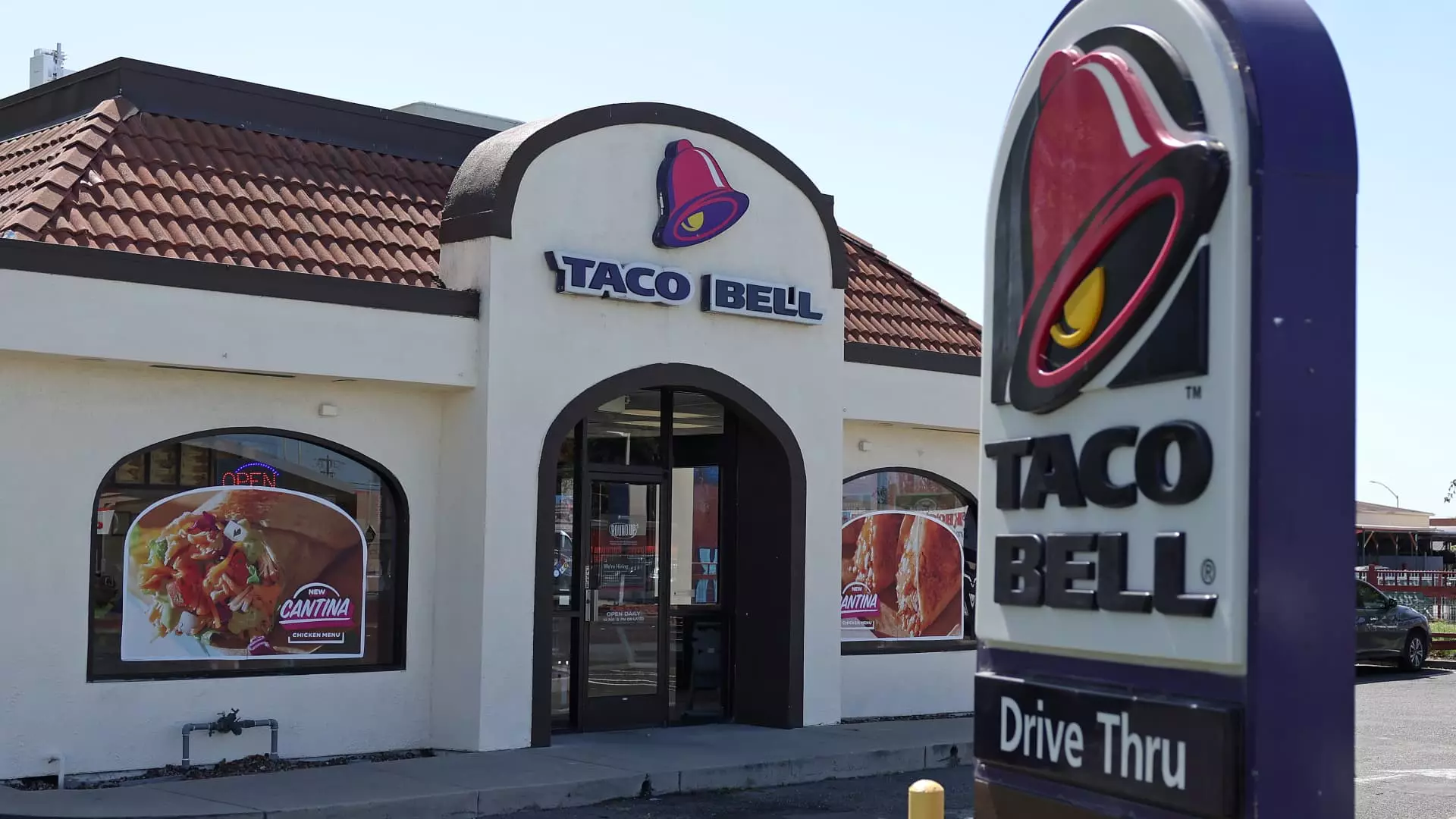In light of a recent E. coli outbreak that has affected multiple states, Yum Brands has opted to remove fresh onions from select Taco Bell, KFC, and Pizza Hut locations. This decision, influenced by both caution and ongoing investigations, showcases the company’s commitment to food safety. A spokesperson from Yum Brands stated, “As we continue to monitor the recently reported E. coli outbreak, and out of an abundance of caution, we have proactively removed fresh onions from select Taco Bell, Pizza Hut, and KFC restaurants.” This message reflects the proactive stance that brands often adopt in times of potential foodborne illness crises.
Adding to the complexity, U.S. Foods recently issued a recall for onions supplied by Taylor Farms, amidst concerns regarding the E. coli outbreak. However, the correlation between Yum’s decision and the recall remains ambiguous. It’s important to note that U.S. Foods does not distribute to McDonald’s, the chain that appears at the epicenter of this outbreak, which further muddles the waters regarding the source of the contaminated onions. The lack of a response from Taylor Farms introduces additional uncertainty—illustrating the communications gap that often complicates these situations.
Currently, the Centers for Disease Control and Prevention (CDC) is investigating the outbreak, which has tragically led to one death and left 49 others affected across at least 10 states. A closer examination of the reported cases reveals a pattern, with many victims recalling their recent consumption of McDonald’s quarter pounder burgers. This connection signals a need for intense scrutiny into the sources of ingredients involved in these meals.
The investigation points to two main suspects: fresh beef patties and slivered onions as the potential culprits behind the E. coli outbreak. McDonald’s has reacted by removing Quarter Pounders from approximately 20% of its U.S. locations, focusing efforts on the batches linked to the infection. Notably, the onions in question are sourced from a singular facility, adding a layer of specificity to the sources implicated in the outbreak.
As frantic research and testing efforts continue, all involved parties are under pressure to enhance their safety protocols. The assurance of consumer safety must remain paramount, and Yum Brands’ preemptive action to remove onion supplies demonstrates a crucial step in averting further crises. Furthermore, this situation serves as a reminder of the interconnectedness of food supply chains and the speed at which public health can be jeopardized by foodborne pathogens.
As food industry players evaluate their sourcing and safety measures, the response to this outbreak will be crucial in shaping consumer perceptions and trust. The journey towards reinforcing public health standards in the fast-food domain is ongoing, and the ramifications of this E. coli outbreak will likely reverberate in operational protocols for months to come.

